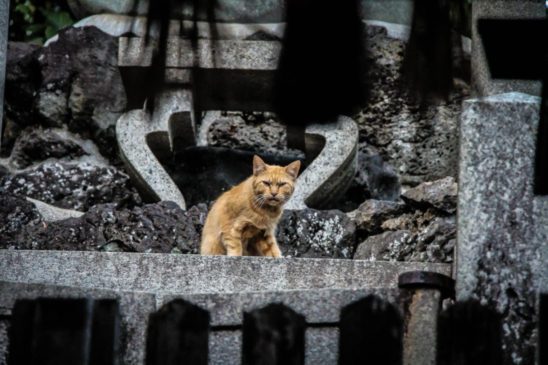
Feral (wild) cats often form into colonies when there is a food source present. The source may be rats or mice. It may also be open garbage or a well-meaning individual who is putting out food. These cats breed uncontrollably and eventually die of starvation, disease or predators such as coyotes. They are a neighborhood annoyance with noise and spraying.
Shelter research and our own experience have shown that a trap-neuter-return (TNR) procedure can stabilize and eventually eliminate cat colonies. In this process, cats are trapped, sterilized, and vaccinated and then returned to the colony. Once a large fraction of the colony has been sterilized, no new cats are born or join the colony and it eventually disappears as the cats age. TNR is a practical, effective, and humane practice and does not place owned cats at risk. This link has more detailed information on TNR and its supporting research.
We rely on our collaboration with the public to trap and deliver cats in for sterilization.
If you are aware of a cat colony and willing to help with TNR, please call the Humane Society of Schuyler County at 607-210-2600 ext. 205. We can provide you with traps and instruction on how and when to set them and can assist with food and shelter. We can also discuss financial arrangements for the surgery.
Feral cats are not generally accepted for adoption. They are wild animals and rarely take well to life with humans.
Feral Cat Shelters
You can provide comfort to feral or barn cats by providing a shelter to help them survive our cold winters and monitor their well-being. Here are some links to plans for building shelters and options for commercially available shelters.